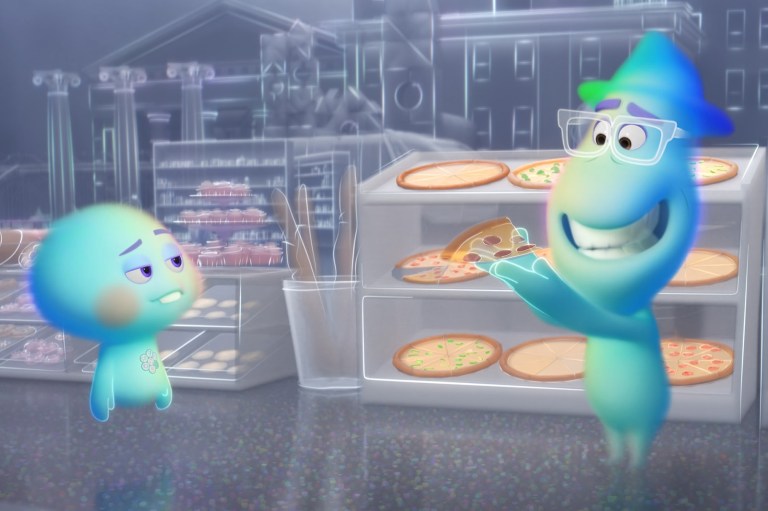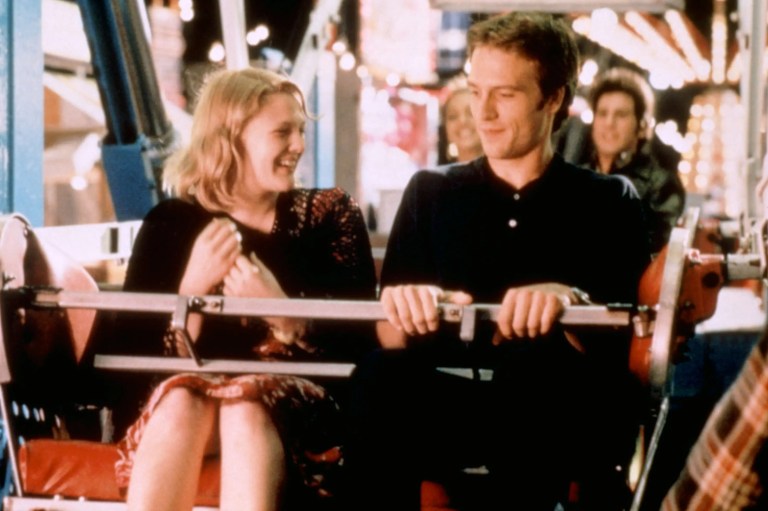
3 Ways To Begin Emotionally Healing After Your Crohn’s Diagnosis
By ![]() Holly Fowler
Holly Fowler
I was first diagnosed with Crohn’s Disease at 19 years old. Who doesn’t love sprinkling hospitalizations into their college experience?
I was in complete denial of my diagnoses and spent my college years pretending it didn’t exist until my next hospitalization came around. I refused to even acknowledge my disease, afraid that it would make me different than my peers or keep me from doing what I wanted to do. So I continued being ashamed of what I was going through, burying my head in the sand, and getting sicker and sicker.
Year after exhausting year of trying so hard to fit in and be “normal,” I eventually learned that I sometimes have to stand out or be the “unique” eater at the table to truly advocate for my health and advocate for what I know is best for me — and that it is okay.
I want to share with you three ways that I overcame the shame of living with IBD.
1. Talk about it.
Share your experience with someone who will be there for you. The opposite of shame is vulnerability. When we allow ourselves to be vulnerable, even with one trusted person in our lives, we begin to chip away at the shame that we have been carrying.
You don’t have to share everything all at once. Start with one person, and share as little as how you are actually feeling today rather than saying “I’m good,” or “I’m fine.” See how that feels opening up — even just a little bit.
In the early years of my diagnosis, I was surrounded by friends and still felt very alone. I didn’t know of anyone else going through what I was going through and never felt comfortable to share my experience with friends. But I wish I had been more open sooner about my experience with IBD. Keeping all of that inside really ate away at me for a long time and felt like I was living two lives — my actual experience, and the life where I put on a smile and pretended everything was fine.
If you don’t know anyone with IBD, search hashtags on Instagram and Facebook. There are so many amazing people to connect with.
2. Laugh about it.
In a recent flare, I was having “accidents” almost on a daily basis. It became so unpredictable that I would get stressed at just the thought of leaving the house and have an absolute emotional meltdown when I couldn’t find a bathroom in time.
I made the decision to buy adult diapers. Even though I released the shame years ago, buying adult diapers was another level of humiliating that I had never experienced before. It wasn’t like I was in a grocery store aisle in a town where I knew everyone. I was literally just on my couch by myself. And yet I couldn’t shake the deep feelings of disappointment, sadness, and longing for the version of myself who didn’t have to suffer from a disease like this.
Even though they provided me freedom to live my life, I still felt so much shame over needing them as much as I did. I would get changed in the bathroom and wear loose clothing to make the diaper as invisible as possible.
After a few days of me wearing them, my husband starting joking with me about them and making me laugh. The second we took the power away from the situation and replaced it with humor, the shame lifted. Now there are all kinds of jokes being passed about my diaper and it really just makes the state of my health that much easier to bear.
3. Embrace it.
This does not mean just throw in the towel and give up. It means that you can coexist with your diagnosis and live a very fulfilling life.
I spent way too many years living in shame and denial. I felt like I constantly needed to prove to myself and to others that I was just like everyone else and that I could live like everyone else.
In 2015, I actually ran a marathon with a flare up. I’ve always been a runner and really enjoyed it as my outlet, but this wasn’t just a neighborhood 5k. It was a flipping marathon — 26.2 miles. At the beginning of my training, I promised my parents I would stop if I ever felt my symptoms come back. Sure enough, at mile 17, my symptoms started again and being that close to the main event, I refused to quit even though I knew I should have. However, the source of needing to run the marathon came from a place of needing to prove to myself that I could do things that normal healthy people did. And it caused one of the worst flare-ups I’ve ever experienced.
I encourage you to write down a list of all the positive things that your diagnosis has brought you, that you might not have otherwise discovered or learned, or people that it has brought into your life. It’s a really simple exercise, but it has helped me get to a positive mindset toward my diagnosis.
I invite you to release the shame and step into vulnerability. There is so much freedom when you begin to take steps to chip away at the shame of living with a bowl disease.
You are so much more than your diagnosis.











